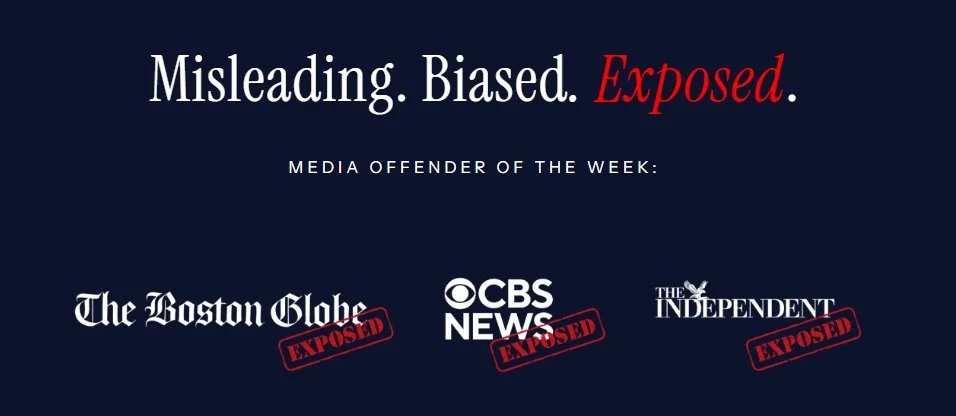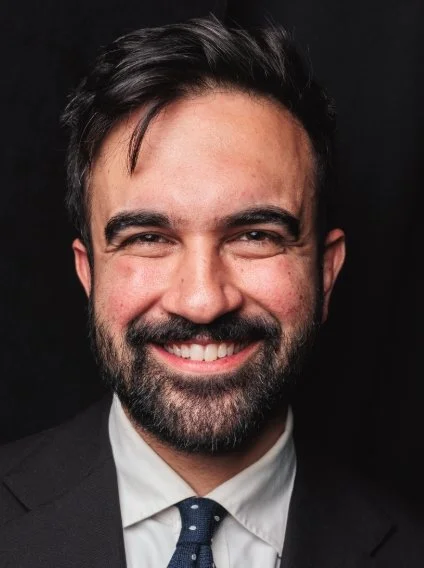Trump’s “300 Million Dead” and the Madness of Bombing Boats
President Donald Trump, never one to let numbers get in the way of a good scare story, recently declared that “300 million people died last year from drugs.” For context, the United States has a population of roughly 335 million. So according to the president, drugs not only killed nearly everyone in the country, they practically had to resurrect a few extras just to finish the job.
The truth, of course, is stark but not apocalyptic. The Centers for Disease Control and Prevention reports roughly 79,000 drug overdose deaths in the United States in 2024 — a devastating number, but still less than one-four-thousandth of Trump’s claim. Globally, drug-related deaths don’t even graze the realm of 300 million. That number is a fantasy, and a dangerous one.
Exaggeration as Policy
Trump’s hyperbole isn’t just sloppy math. It’s political psychology in action. When leaders inflate threats to biblical proportions, they justify extraordinary measures. Frame drug smugglers as an existential menace, and suddenly lethal military strikes on boats in international waters sound like common sense rather than the extraordinary breaches of law and morality that they are.
This is fear politics distilled: invent an apocalypse, then promise to save us from it. Never mind that the “solution” — cruise missiles over interdiction, executions over arrests — shreds due process, international law, and America’s credibility abroad.
Why Bombing Boats is Wrong
Drug interdiction is not war. Smugglers are criminals, not combatants. Civilized nations don’t blow up boats when they could board them, seize the contraband, and arrest the perpetrators. By leaping to lethal force, Trump embraces extrajudicial killing — a tactic more at home in failed states than in democracies that claim to revere the rule of law.
The dangers go beyond morality. Intelligence is imperfect; civilians die; foreign governments take offense; escalation follows. And while the bodies pile up, the drugs keep coming. Trafficking networks adapt far faster than militaries do. The result: spectacle for the cameras, but little change in supply.
Political Psychology & Rhetorical Strategy
So why does Trump reach for numbers so absurd they collapse under the weight of basic arithmetic? Because exaggeration is a tool, not a mistake. Political psychology helps explain it:
Fear amplification: By making a crisis sound apocalyptic, Trump primes the public to accept drastic responses they would otherwise reject. Fear expands the boundaries of the politically possible.
Identity politics of “us vs. them”: Casting smugglers as existential enemies reframes drug trafficking as war, not crime. This justifies military language — and military action — while bolstering Trump’s image as wartime commander.
Action bias: Voters reward visible, decisive gestures over slow, systemic solutions. A missile strike makes better television than a rehabilitation program, even if the latter actually saves lives.
Statistical freewheeling: Once a leader normalizes inflating numbers, each escalation becomes easier. Saying 300,000 deaths might be an exaggeration; saying 300 million is theater. It’s not meant to persuade the informed — it’s meant to overwhelm the casual listener with sheer magnitude.
Authoritarian signaling: By insisting on lethal force rather than interdiction, Trump expands the presidency’s “commander” role into domestic law enforcement. It’s not just about drugs; it’s about testing the boundaries of power.
This isn’t just a verbal tic. It’s a deliberate psychological and rhetorical strategy to bend fear into obedience, and obedience into political capital.
The Cost of Trump’s Rhetoric
Exaggerating overdose deaths by several orders of magnitude doesn’t just make Trump look foolish — it distorts policy. If Americans believe drugs killed nearly the entire nation last year, they may nod along when politicians propose killing suspected traffickers without trial. That is how democracies corrode: not in one grand collapse, but in the slow normalization of absurdity and brutality.
We do not need an imaginary apocalypse to take the drug crisis seriously. Tens of thousands of real Americans are dying each year. But the way forward is treatment, prevention, harm reduction, and international cooperation — not airstrikes on speedboats and slogans plucked from thin air.
Simply Put
Trump’s claim of “300 million dead” is not a slip of the tongue. It’s a strategy: weaponize fear, inflate the enemy, then demand extraordinary power to fight them. We should see it for what it is — an attempt to replace rational policy with militarized theater.
The fight against drugs is real. But so are the stakes for democracy.
Sources
Trump claims 300million people died last year from drugs | News | Independent TV





